PSA: You Shouldn't Be Using Emojis in Work Emails



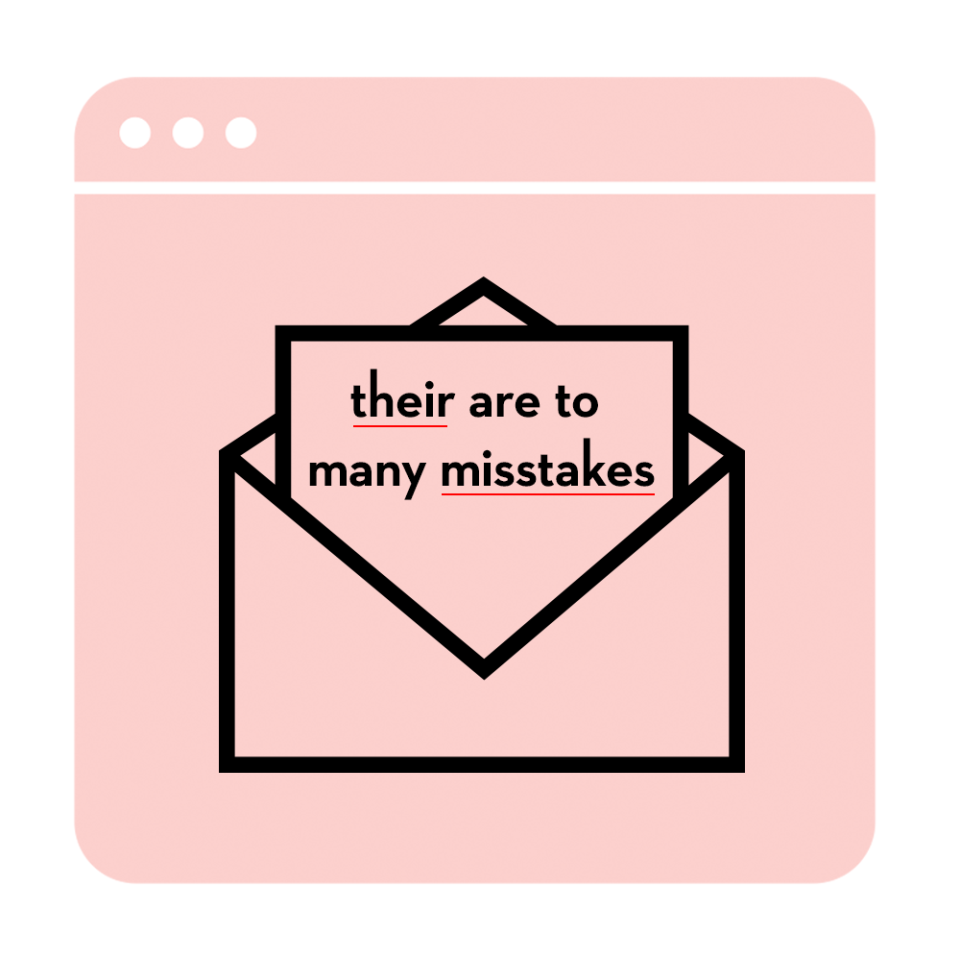

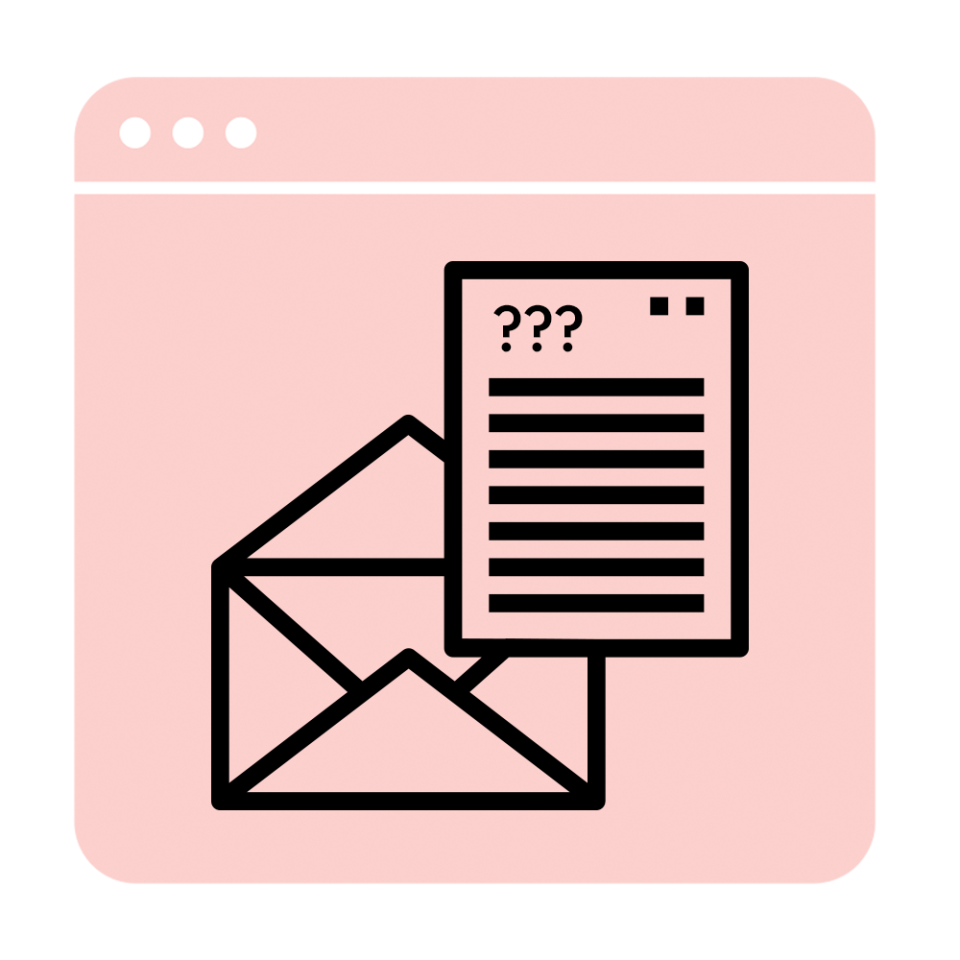
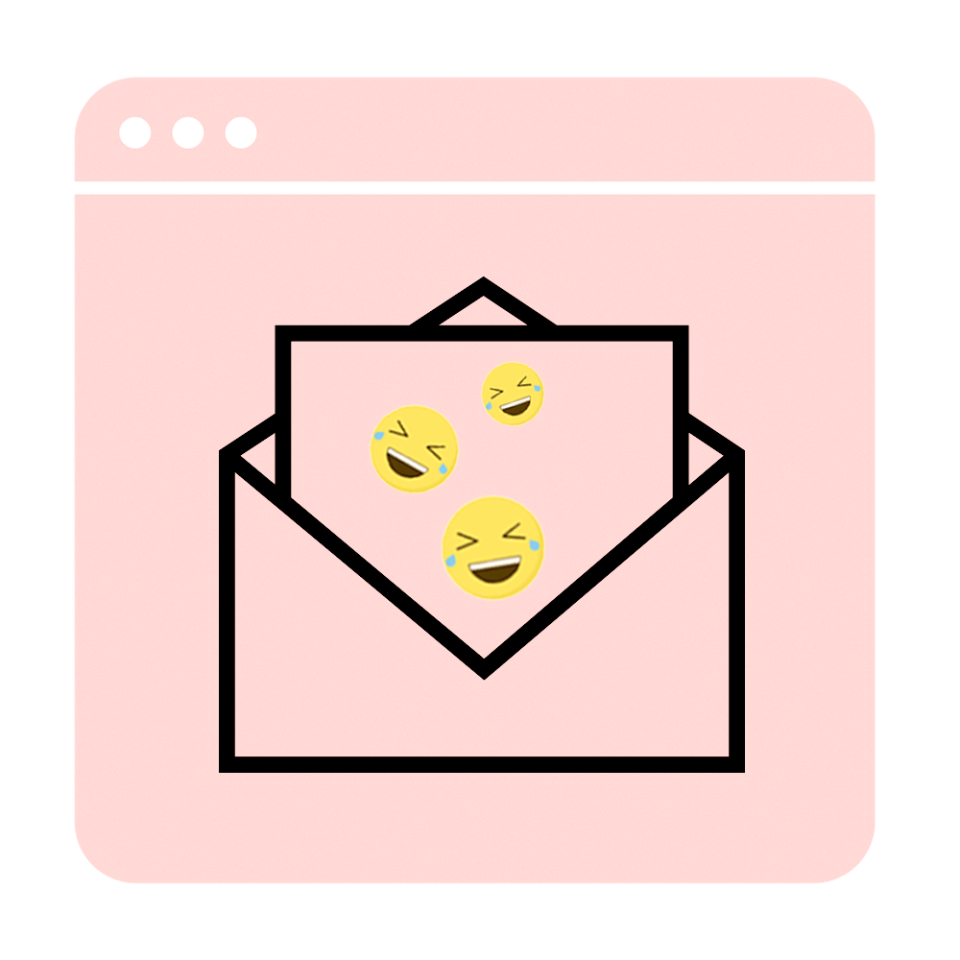
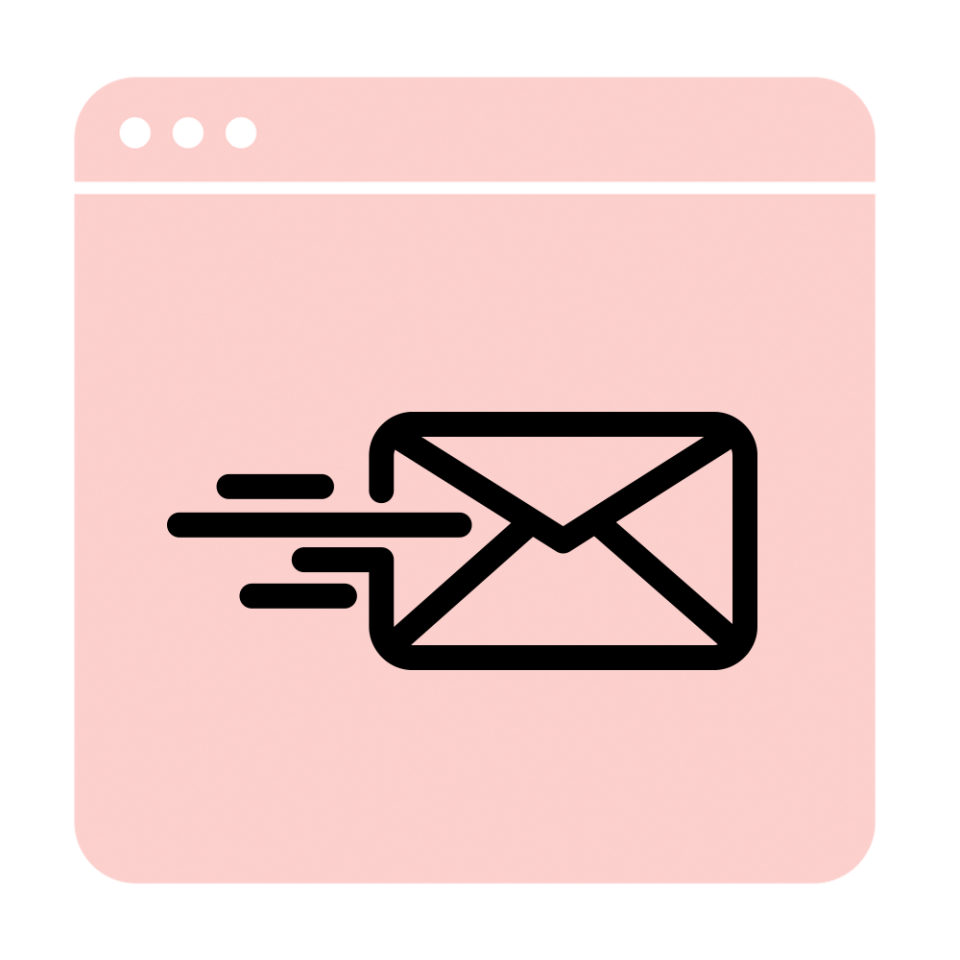
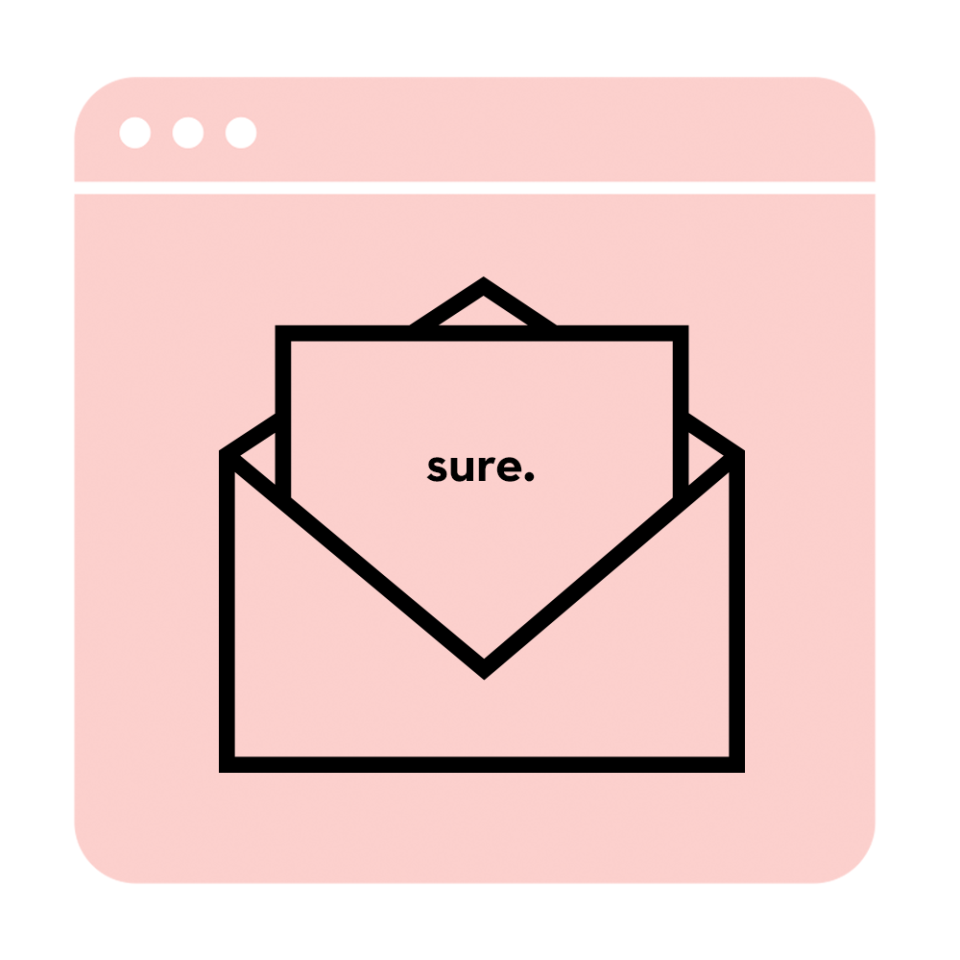







PSA: You Shouldn't Be Using Emojis in Work Emails
Email is such an integral part of communication that you probably don’t think much about it. But it’s more essential than ever to pay attention to what you’re saying (and how you’re saying it!), especially if you’re working from home. Even if it’s just a note to far-away family and friends, there actually are times it’s not a good option for communicating. “Email is not always the best way to deliver some types of messages,” says Cynthia Grosso, national etiquette expert with Charleston School of Protocol and Etiquette in Charleston, South Carolina. “Email also doesn’t convey tone of voice or facial expression, so it may leave your message open to misunderstanding. It’s important to be mindful of that because once it’s out there, it’s always out there.”
Here are the top bad email habits you should drop ASAP:
According to a national etiquette expert, that is.

